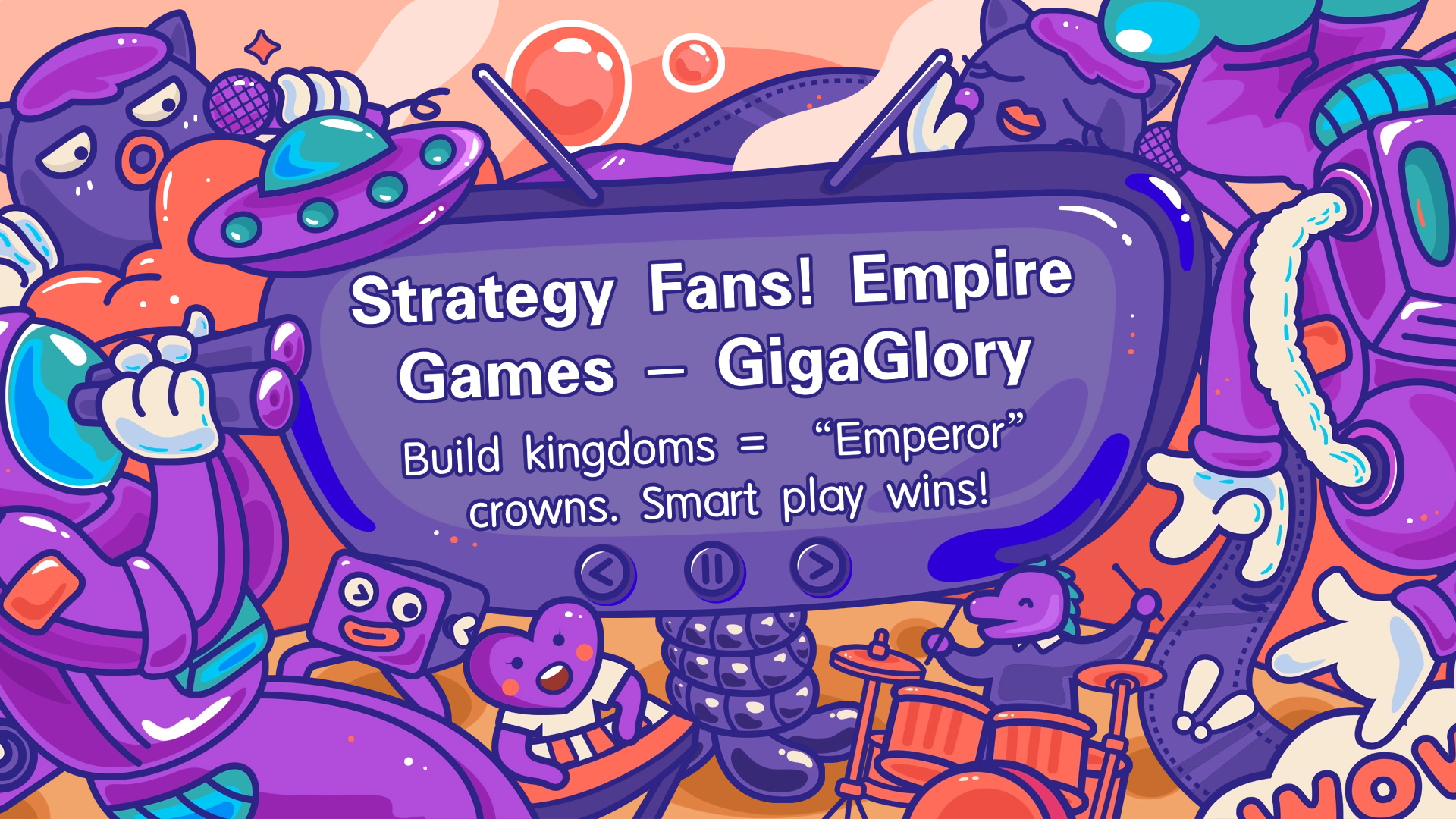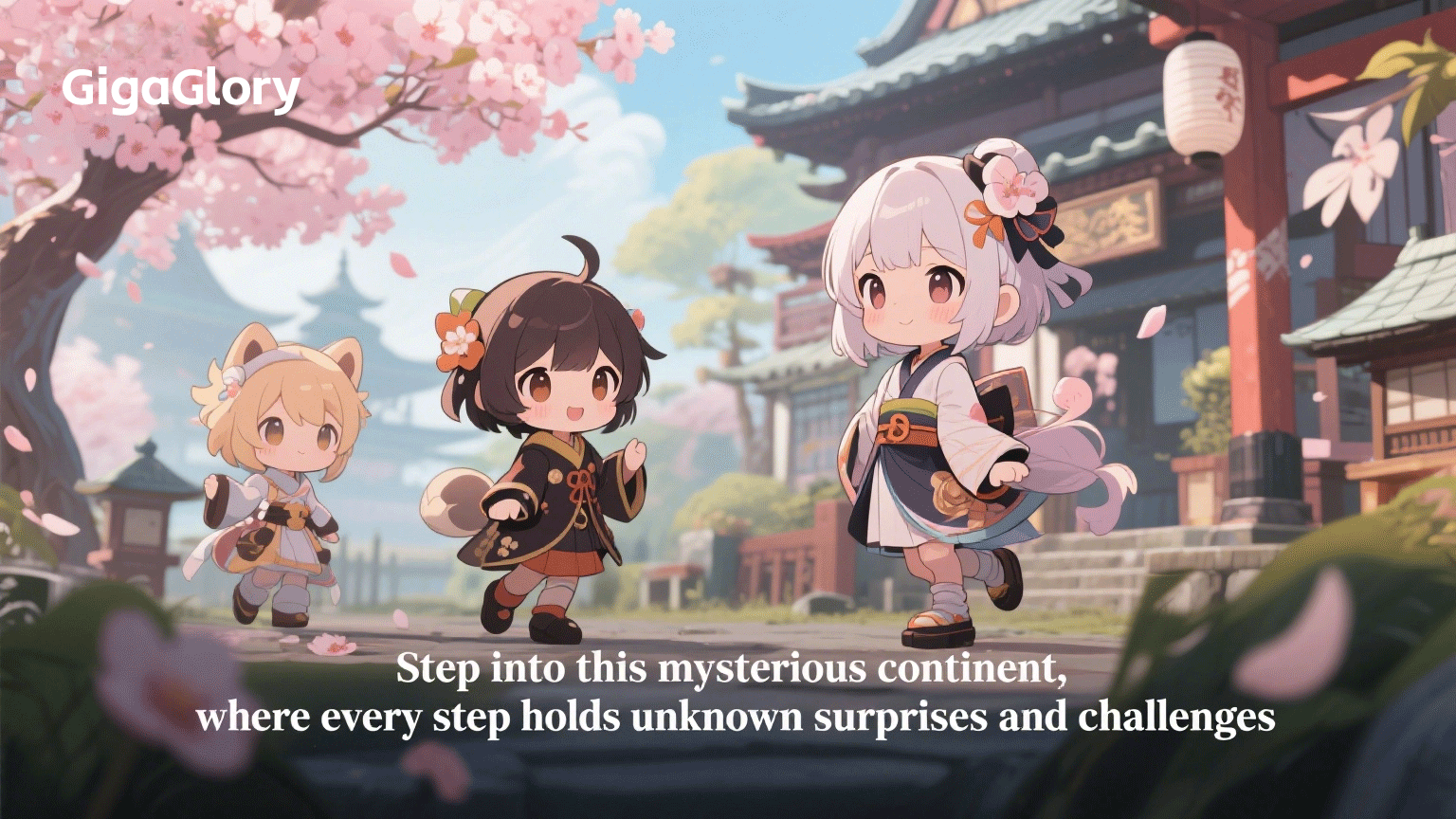Exploring the Exciting World of Adventure Games: Why Educational Games Are the Future of Learning
The world of adventure games is not just about fun or entertainment anymore. As many educators and game developers have discovered, these games can also serve as powerful educational tools. In this article, we’ll dive into the thrilling world of adventure games and understand why they are becoming a preferred choice for learning.
The Evolution of Adventure Games
Adventure games have come a long way since their inception. From simple text-based interactions to immersive 3D environments, the journey has been remarkable. But why should we care? It’s all about the experiences they provide. In the last few decades, games like "Myst" and "The Legend of Zelda" have captivated audiences and set the stage for games that teach while they entertain.
Educational Value of Adventure Games
Adventure games foster critical thinking, problem-solving, and creativity. They place players in scenarios where they must strategize and make decisions that lead to various outcomes. Unlike traditional educational methods, these games provide a hands-on experience. Here are some key benefits:
- Enhanced Engagement: Players often feel more involved in the learning process.
- Immediate Feedback: Players learn from their mistakes in real-time.
- Cognitive Skill Development: Adventure games can sharpen analytical and strategic skills.
Why Educational Games Are the Future of Learning
As we move further into the digital age, conventional teaching methods seem to fall short in maintaining students’ attention. Educational adventure games can bridge this gap. They offer personalized experiences, allowing students to learn at their own pace. Research indicates that interactive learning boosts memory retention significantly.
Clash of Clans: A Case Study
An example worth examining is the popular mobile game, "Clash of Clans." While it may not seem educational at first glance, it requires players to develop a strategy to progress. Let's look at a sample strategy for level 6:
| Strategy Element | Description |
|---|---|
| Base Layout | Centralize your resources to protect them from raiders. |
| Defenses | Upgrade your defensive structures to handle higher-level attacks. |
| Troop Composition | Utilize a mix of troop types to strengthen your army. |
What Is Delta Force and Its Relation to Adventure Games?
You might wonder, what is Delta Force? It refers to an elite military unit. This concept translates into adventure games by teaching players about teamwork, strategy, and tactical decision-making. Similar to the challenges faced by Delta Force, adventure games put players in scenarios where they must collaborate and strategize to overcome obstacles.
The Role of Storytelling in Adventure Games
Adventure games often rely heavily on storytelling. A compelling narrative can immerse players in the game, making them more likely to learn without even realizing it. An example could include quests that require players to solve riddles or puzzles, all while following a rich storyline that motivates them to succeed.
The Future of Learning: Merging Education with Gaming
The potential of adventure games in education is unprecedented. As technology advances, so do the possibilities in educational gaming. Imagine a future where students can 'visit' historical events through virtual reality adventure games or take part in simulations of scientific explorations. The landscape of education will undoubtedly change as more schools adopt these methodologies.
Conclusion
The landscape of adventure games is evolving into something exceptionally valuable for education. Through their engaging nature and ability to foster a range of cognitive skills, educational games represent a promising future for learners worldwide. As we continue to innovate and explore this thrilling world, who knows what adventures await us?



